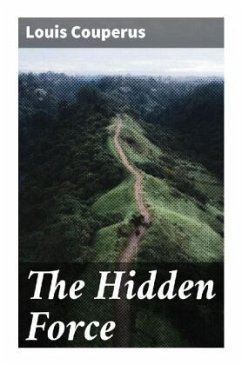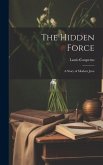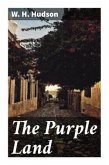In "The Hidden Force," Louis Couperus delves into the complexities of human existence and the unseen dynamics that govern our lives. Set against the backdrop of Dutch colonial society in the late 19th century, the narrative intricately weaves themes of fate, cultural clash, and the subconscious through its exquisite prose. Couperus employs a richly descriptive style, blending psychological insight with a keen observation of societal norms, making it a standout piece in the canon of Dutch literature. This novel not only reflects the writer's masterful ability to create a vibrant, immersive world but also serves as a critique of the moral dilemmas faced by individuals within a rigid social framework, drawing upon the influence of Naturalism prevalent in Europe at the time. Louis Couperus, an influential figure in Dutch literature, was deeply impacted by the cultural tensions of his era, having spent part of his youth in the Dutch East Indies. His exposure to colonial life and its ethical complexities profoundly shaped his writing. Couperus's exploration of psychological and philosophical themes in "The Hidden Force" reveals his fascination with the dualities of existence and the often-hidden motivations that guide human behavior, offering a glimpse into his broader literary aspirations. Readers of literary fiction who appreciate layered character studies and thoughtful examinations of society will find "The Hidden Force" an essential read. Couperus's ability to blend introspective narrative with commentary on colonialism and societal constraints makes this work not only a reflection of its time but also a timeless exploration of the forces that shape our destinies. It will resonate with anyone intrigued by the interplay of the visible and the unseen in human lives.
Bitte wählen Sie Ihr Anliegen aus.
Rechnungen
Retourenschein anfordern
Bestellstatus
Storno








